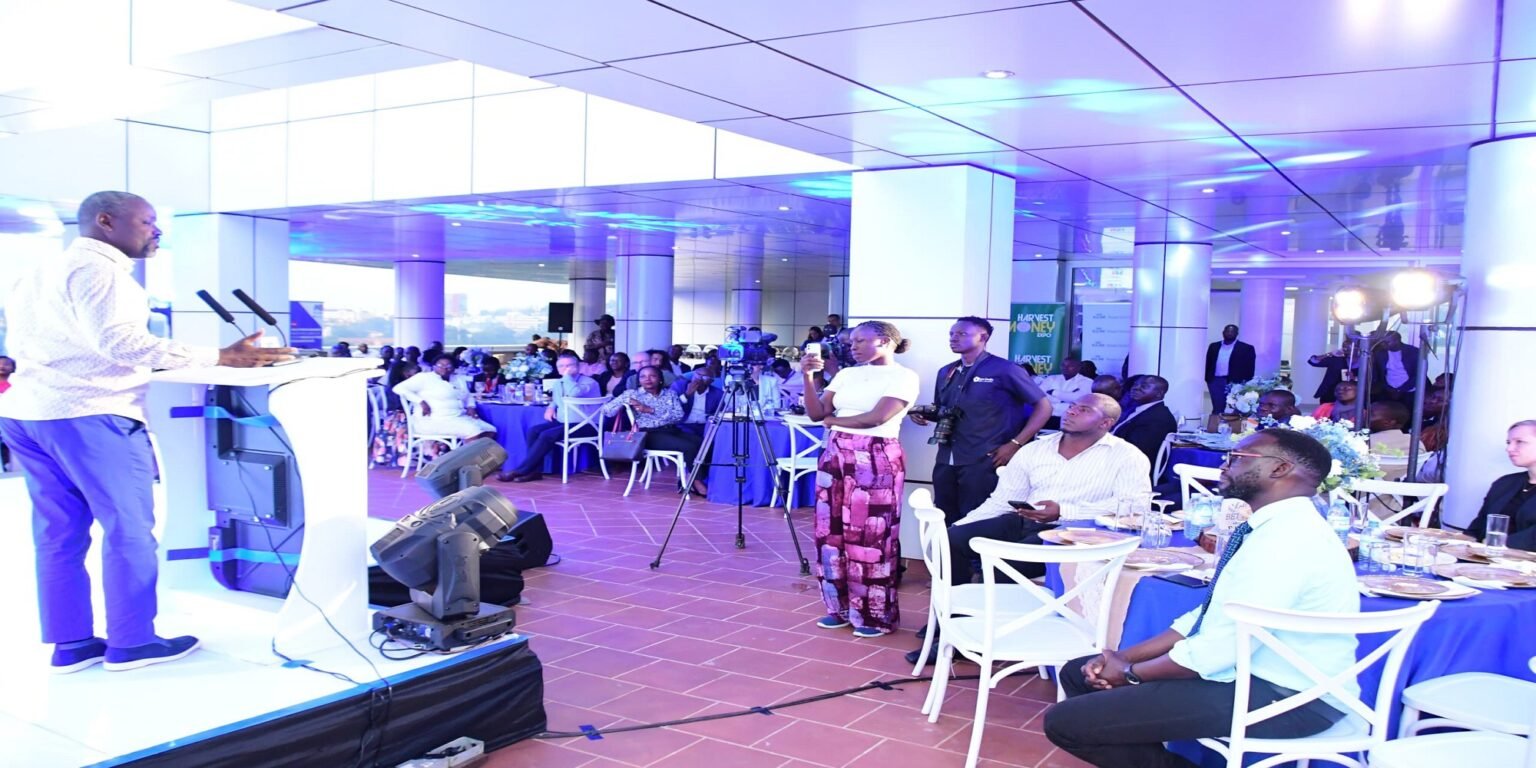Deputy Speaker Thomas Tayebwa, has called for increased investment in Uganda’s agricultural sector emphasising that it holds the key to the country’s economic transformation.
Speaking at the flagging off of Uganda’s 13 best farmers of 2023 at the DFCU headquarters, Tayebwa highlighted the need to shift from traditional, rain-dependent farming to more modern, mechanised agriculture backed by irrigation and improved market access.
“Africa has 174 million hectares of arable land, yet 95 per cent of it is rain-fed,” Tayebwa said stressing that this reliance on nature is a fundamental obstacle to achieving food security and economic growth.
“We can no longer survive on forces of nature to feed our country. We need to invest in irrigation and mechanisation to produce more,” he said.
Tayebwa’s remarks come at a time when Uganda is grappling with challenges in boosting agricultural output, despite its vast potential.
He noted that agriculture remains Uganda’s backbone, with the European Union (EU) being the country’s second-largest trading partner, accounting for over 20 per cent of Uganda’s exports most of which are agricultural products.
However, he expressed concern that Uganda’s agricultural exports are often hampered by stringent EU regulations.
“We export a lot of agricultural products to the EU but the standards imposed are tough on our farmers. Yet, when they come here, they enjoy the same produce without a problem,” Tayebwa added.
He called for dialogue between Uganda and the EU to ensure that regulatory requirements are fair and do not stifle Uganda’s farmers.
“We don’t want to suffocate our farmers with regulations on deforestation, cocoa, tea and others. We need to work together to plan and implement these regulations safely,” the Deputy Speaker said.
Tayebwa also highlighted the importance of Uganda adopting a balanced approach to agricultural production.
“We need to strike a balance between those producing for local markets and those aiming for export. This is why we have allocated funds through the Central Bank to support agriculture projects in collaboration with local banks,” he explained.
On government interventions, Tayebwa expressed optimism about current projects aimed at bolstering the agricultural sector specifically referencing a €100 million irrigation initiative with Nexus Green.
“With more intentional government interventions, I believe agriculture is going to be a critical sector that will transform our economy,” he affirmed.
However, Tayebwa stressed that simply sending farmers abroad for training, such as the Netherlands trip is not enough. The government must support these farmers upon their return to ensure the knowledge they acquire is put into practice for the benefit of the nation.
“Going to the Netherlands for training is just the beginning. We must support these farmers when they return so they can multiply what they have learned. Otherwise, it will be a wasted opportunity,” he cautioned.
Paul Owor, the Managing Director OP Dairy Farm who is one of the farmers taking the trip to Netherlands said that his interest is to learn more about value addition for his dairy products, and also mechanisation.


